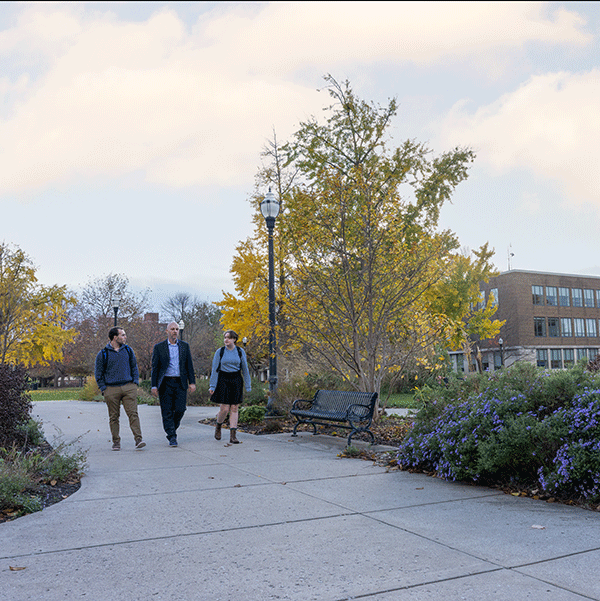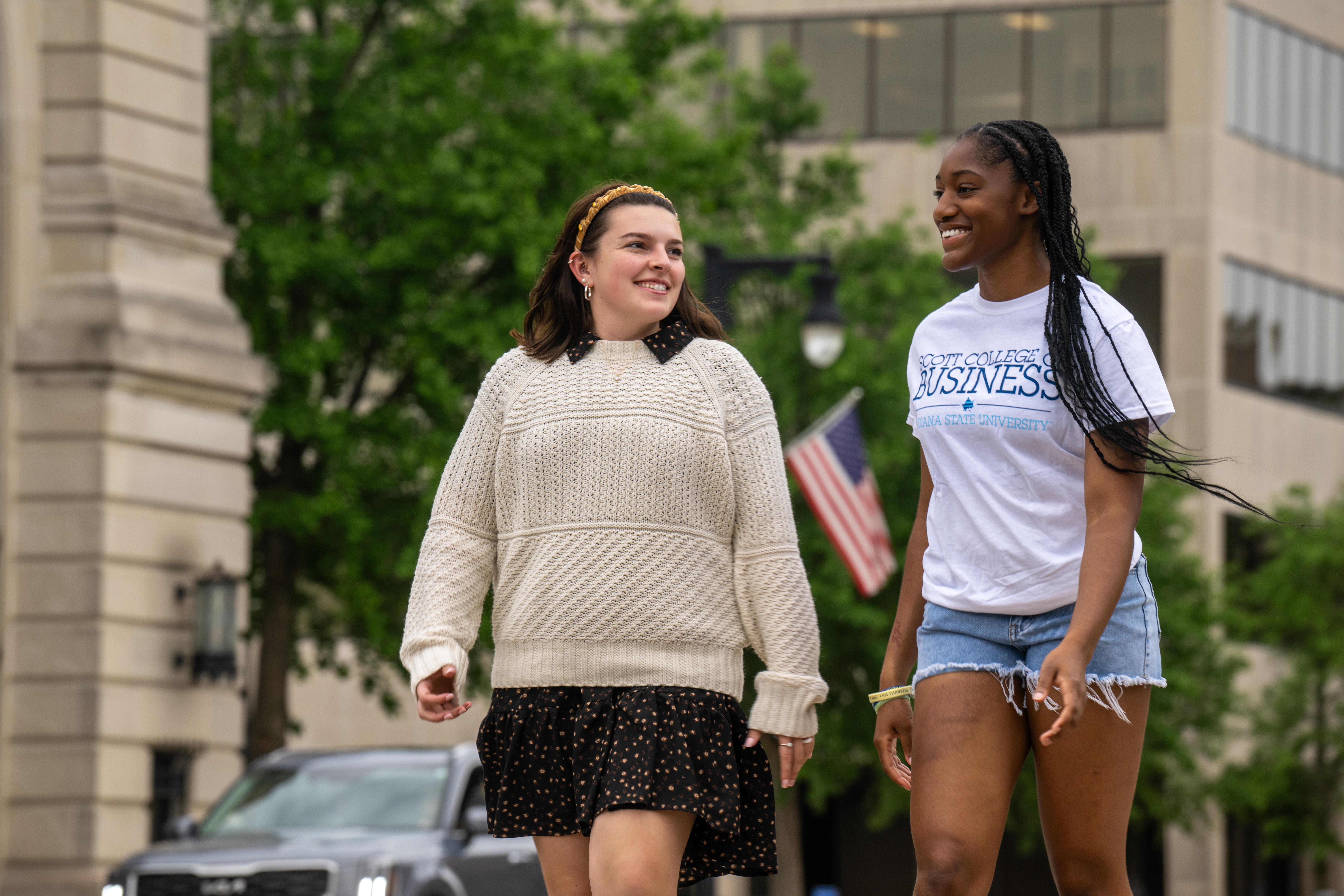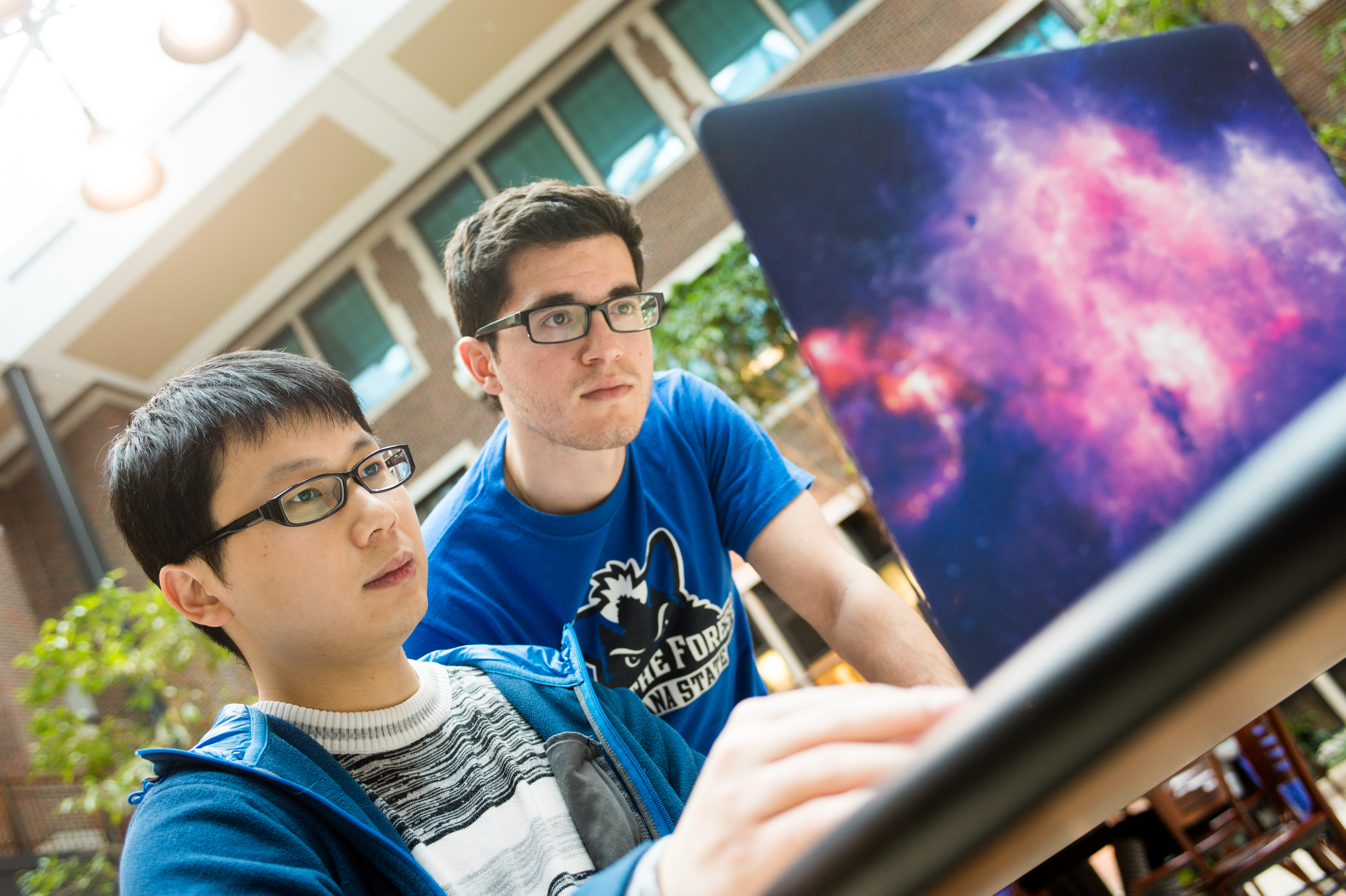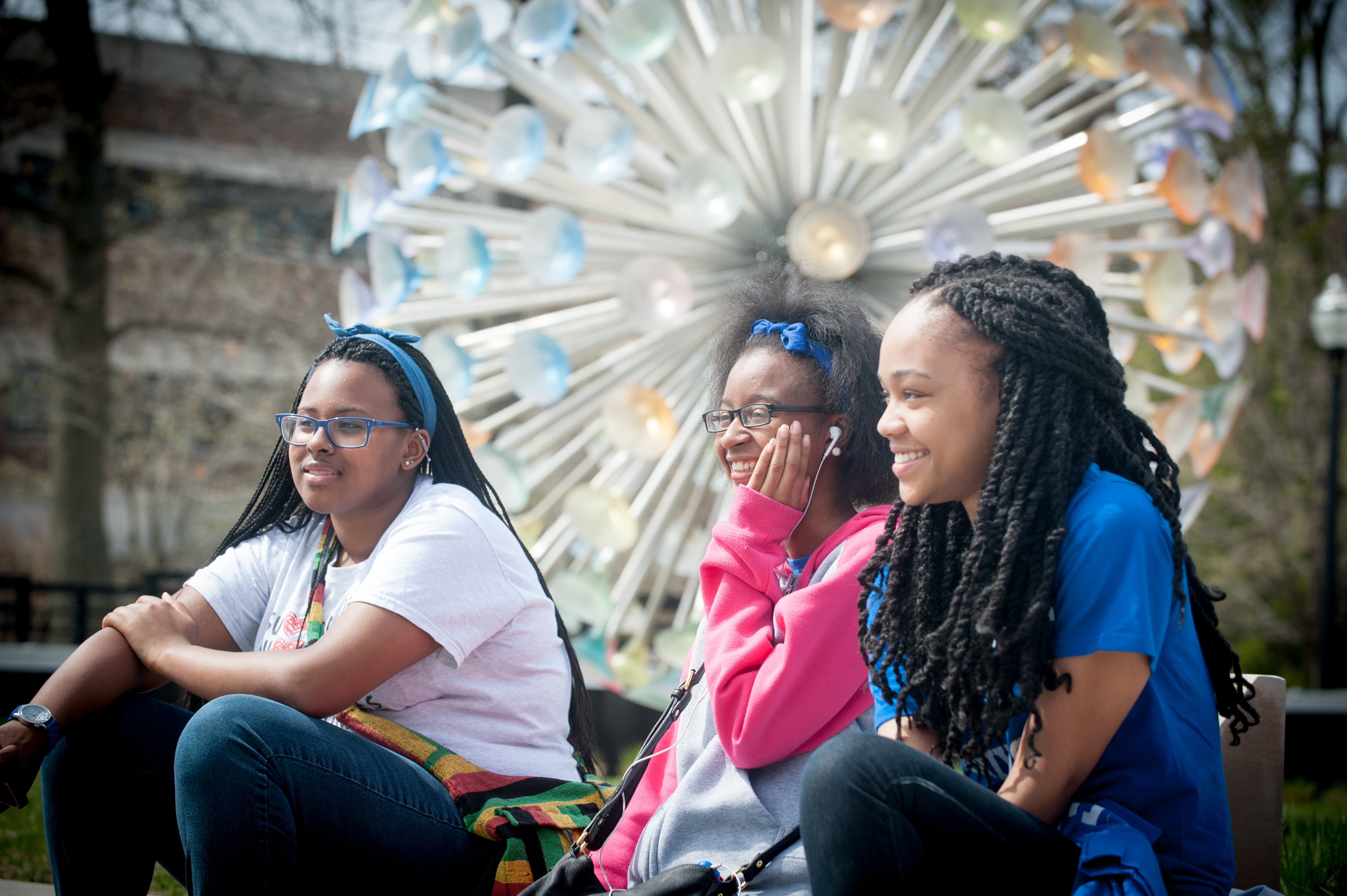Supporting Our Students
At Indiana State University, we believe that every student deserves the opportunity to thrive academically, personally, and socially. The Office of Student Support and Accountability, under the Dean of Students, is committed to providing a safe, respectful campus environment. We provide guidance, resolve conflicts, and uphold community standards. Whether you’re navigating a challenge or seeking guidance, our office is here to support you with understanding and compassion.
Our Core Services
- Student Support: Our experienced staff provides academic and personal coaching and resources for navigating challenges you might encounter.
- Conflict Resolution: We offer a safe and private space to resolve disputes constructively, promoting a respectful community.
- Conduct Accountability: We uphold the Code of Student Conduct by ensuring fair and transparent processes.
We believe in empowering student growth and success. We are here to partner with our students, campus colleagues, community, and all key stakeholders to ensure a fulfilling and enriching Sycamore experience.
Advice for First-Generation Students
When browsing Indiana State’s website, be sure to bookmark pages you’ll want to revisit quickly, especially those related to academics, support services, or deadlines. When sending emails, remember to:
- Start with a friendly greeting
- Use complete sentences to clearly express your message
- End with a courteous closing (like “Thank you” or “Best regards”)
Most importantly, don’t hesitate to ask for help. Indiana State faculty and staff are here to support you!




